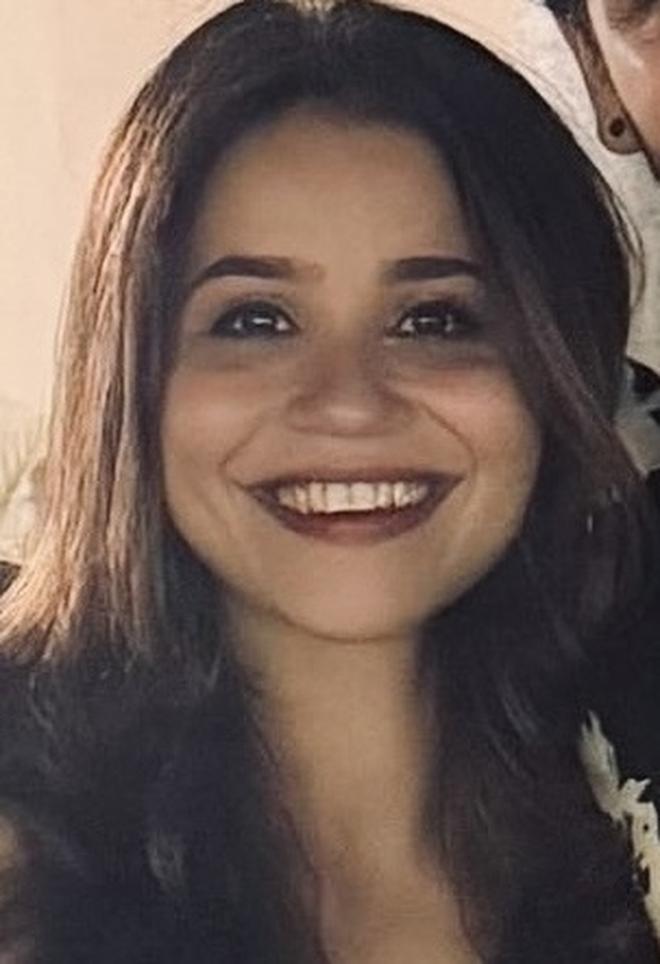Non-profit firm Tech4Good Community launches project to restore Nilgiris Biosphere and Western Ghats

Non-profit organisation Tech4Good Community has launched a new project, Conservation Coalition, to restore the Nilgiris Biosphere and Western Ghats in South India, by tackling invasive species that have taken over from natural habitats through technology.
The organisation’s co-founder and chief insights officer, Anusha Bhargava, told businessline that restoration of natural habitats is one of the pressing problems in South India.
“Invasives like Lantana, Camera, Senna, Chromolaena and such exotic plant species were introduced when the British started the tea plantations in the South of India. Because of tampering and monoculture, all these invasives came up in these geographies and started taking over the landscapes,” said Bhargava.

Tech4Good Community co-founder and chief insights officer Anusha Bhargava
The organisation is trying to understand what native species are growing in the Nilgiri Biosphere and the Western Ghats. It is looking into what can be grown in nurseries and replanted the moment the invasive species is removed. This will minimise the chances of relapse of the invasive species. The restored plots of land are monitored over time to succeed and engage the community.
Narrowing focus
The coalition partners with the Nature Conservation Foundation (NCF) in Annamalai in Tamil Nadu and the Keystone Foundation in the Nilgiris Biosphere Reserve. Alongside, it is working with Plantwise to build monitoring tools for the Western Ghats.
“To support this, the Coalition is developing interoperable tools that plug into existing systems, connecting diverse ecological data like forest recovery and invasive species into a shared architecture that delivers real-time, actionable insights,” she said.
The coalition project was launched after its Climate Coalition fellowship project did not take off as expected. In view of its experience in the Climate Coalition project, launched last year, Tech4Good Community decided to narrow its focus on a sub-sector in climate as it is underfunded.
Bhargava, who has received the Rockefeller Foundation’s Asia-Pacific Big Bets Fellowship, said the Rockefeller Foundation has played an instrumental role in it. Besides, the organisation has received encouragement from funders such as Rain Matter and Rohini Nilakeni Philanthropies.
Different way of examining floods
The organisation is partnering with Nature Conservation Foundation (NCF) for monitoring the progress. NCF and Tech4Good Community are building aphoto monitoring app to look at the indicators. The development of the app is still in its proto-type stage.
On how the conservation efforts are paying off, she said the organisation is looking at events such as floods in a different way. Floods lead to loosening of the soil, resulting in landslides.
“We are working on a specific problem, which is the invasive taking over and how we can work with these organisations that are already running experiments to introduce technology in interventions to improve the turnover time, said Bhargava.
Currently, the organisation is looking into data ingestion and how technology can help. It is also looking at how the photo monitoring app being developed by the Nature Conservation Foundation can be used by Keystone Foundation.
Using drones for mapping
Tech4Good Community is using drones to map the regions such as Wayanad and Gudalur affected by invasive species, besides artificial intelligence (AI). “For example, the Shola Trust is involved in the removal of invasives. What we are working on with them is an AI detection pipeline,” she said.
The trusts uses the drone to map the blocks of land to manually zero in on where the invasive species are growing.
Currently, the organisation is looking at helping indigenous community that depend on forest goods such as timber and honey for their livelihoods. In a few years time, agriculture could become an intersection of its projects.
Another concern the organisation is trying to address is the immigration of the indigenous communities from the forests. It is working with Keystone Foundation to retain the population within the forest.
Idlistack innovation
Tech4Good Community expects the outcomes at 33 levels besides organisations it works with adopting interoperable tools. In order to work with all organsiation, the organisation is trying to build a software that can be integrated with whoever it works with, especially to gather data.
The Conservation Coalition will be able to generate evidence at all these levels that can feed into project reports. Climate advocates can then take it to policymakers and help them make a case for the policy changes.
The organisation plans to use the tool it creates for the NIlgiris Biosphere and Western Ghats for other geographies in the country. It is also “tokenising the information” to secure the data created by its partners.
The organisation, which is made up of 12 individuals, is funded by philanthropic institutions, primarily Rohini Nilekani Philanthropies, Rainmatter and Tata Trusts.
Tech4Good Community has innovated a digital platform Idlistack for non-profit organsiation. “We are looking at it becoming a cloud service only for nonprofits,” said Bharagava.
Published on November 17, 2025


